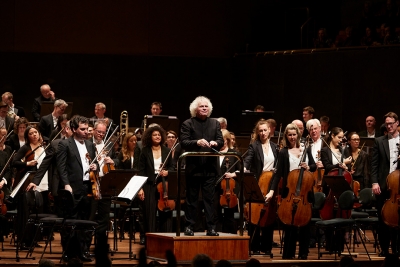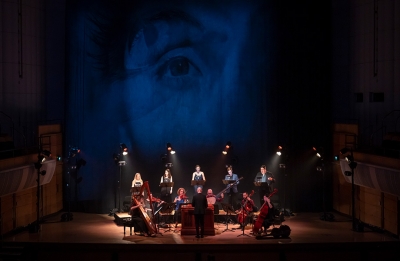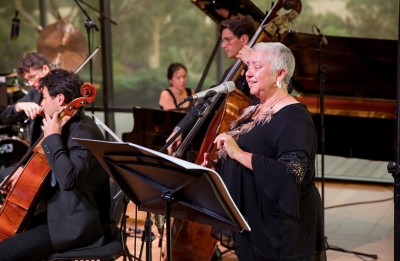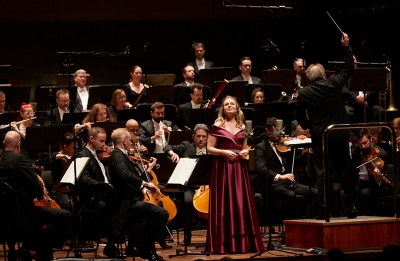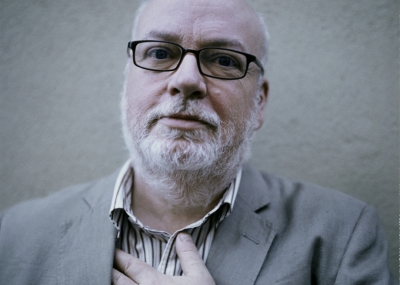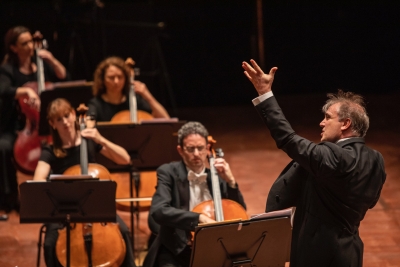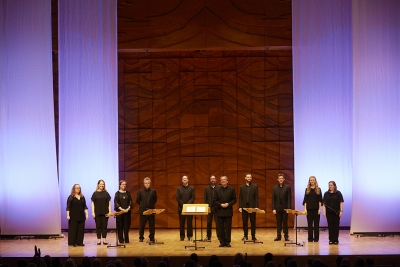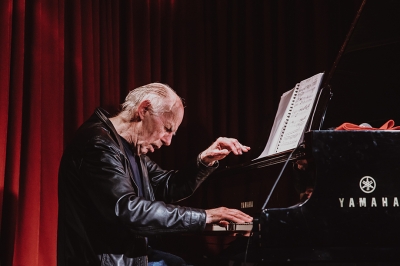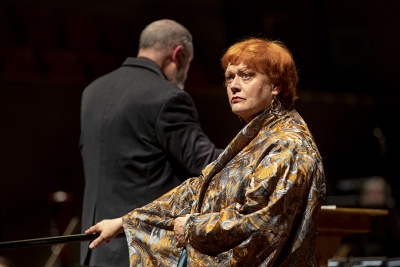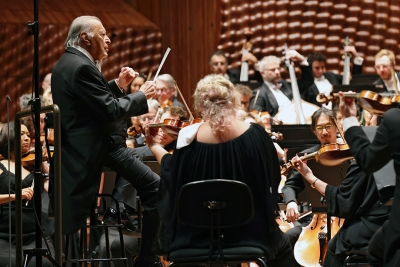Music
After a welcome return to something approaching a pre-Covid normal season of training camps and concerts, the Australian Youth Orchestra has finished the year with a grand public concert at the Melbourne Town Hall.
... (read more)When Alessandro Manzoni died on 22 May 1873, it was an event of major significance in Italy. The poet, novelist, and philosopher – an early proponent of Italian unification – was a hero of the Risorgimento. His novel I promessi sposi (1827), with its appeal to Italian patriotism, was (and remains) one of the most famous Italian novels.
... (read more)Two sold-out concerts in the Melbourne Recital Centre by the London-based vocal ensemble The Tallis Scholars will be music to the ears of Australia classical music promoters. Audience numbers may be returning to something close to pre-Covid levels. In this case, however, I suspect the box-office success also reflects the peculiar drawing power of The Tallis Scholars themselves.
... (read more)Melbourne International Jazz Festival
The pandemic was always destined to cast a long shadow, leaving promoters and festivals twitchy when it came to long-term planning. The Melbourne International Jazz Festival (MIJF), like so many other events, swallowed a bitter pill in 2021, as the city went into its sixth lockdown just weeks out, scuttling months of preparation. A quick scramble saw a scaled-back, hastily assembled program of exclusively local acts rolled out over a weekend in December, a temporary marker signalling that the MIJF was down but far from out.
... (read more)There are not too many parallels to be drawn between the House of Atreus and the House of Windsor, especially in these mournful times. But I could not help noticing one (admittedly tenuous) connection of memory and circumstance triggered by Victorian Opera’s powerful, almost magisterial one-off performance of Elektra and, later on at home, watching the procession of the Queen’s coffin down the Mall, from Buckingham Palace to Westminster Hall.
... (read more)To place the Australian World Orchestra (AWO) in a truly global context, and before I deal with Wednesday night’s triumphant concert in Hamer Hall, I must briefly expand my terms of reference.
... (read more)

